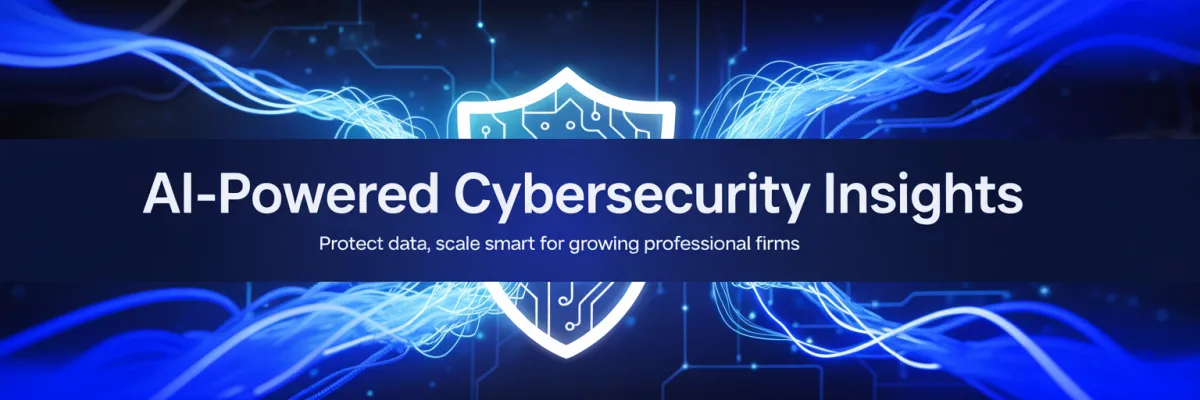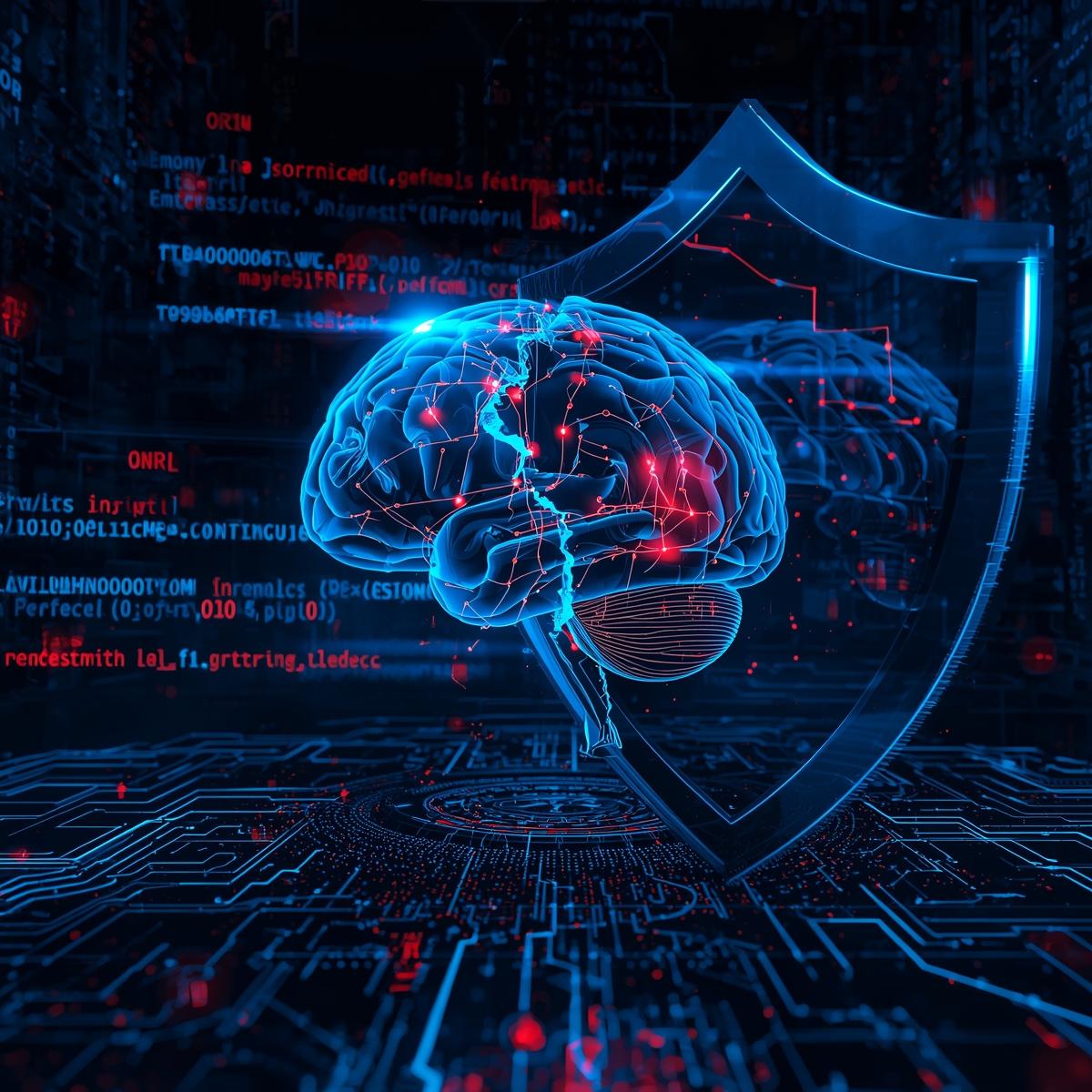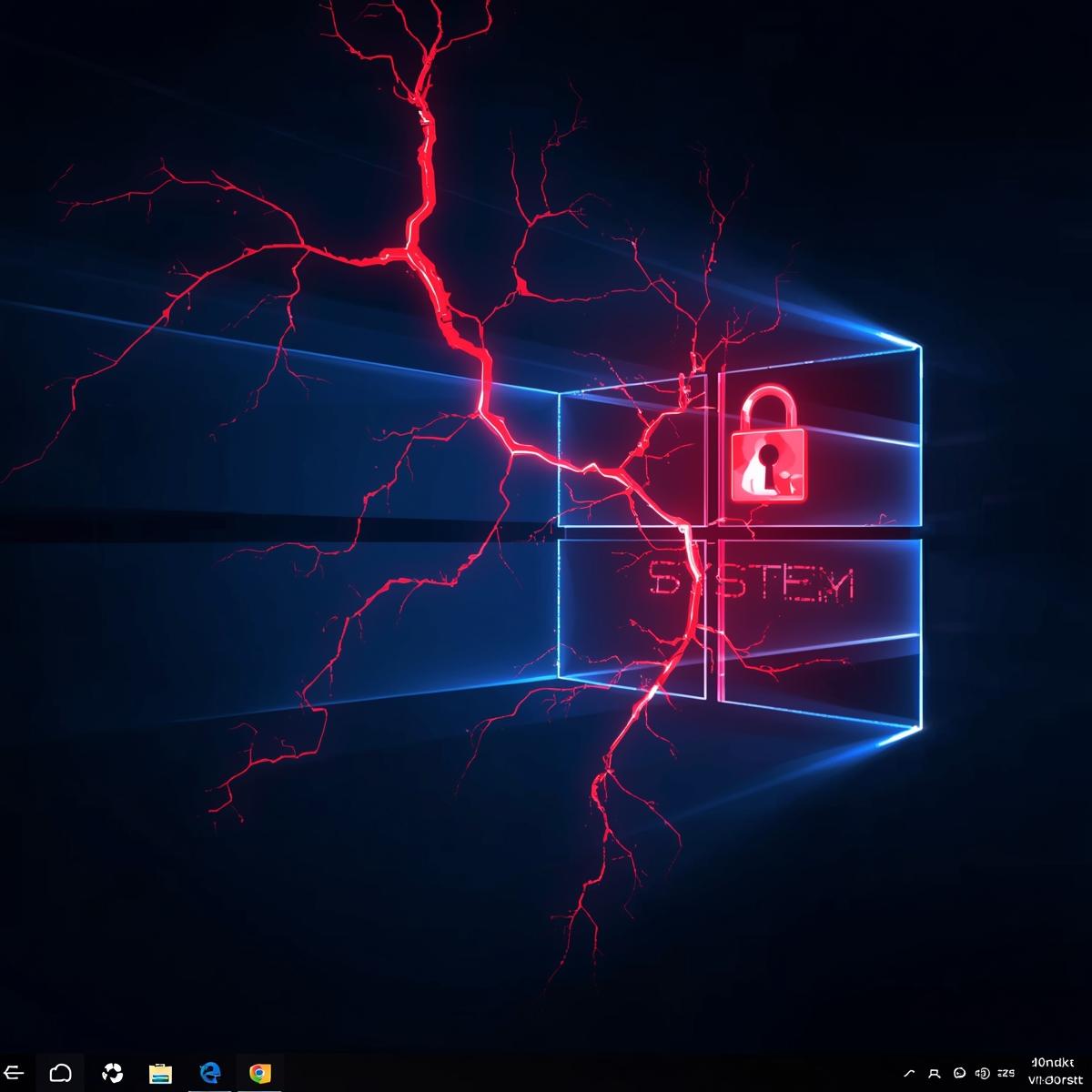
Elliptic Systems Blogs
AI Memory Under Attack: How “Summarize with AI” Buttons Are Quietly Reprogramming Assistants
Security researchers are tracking a growing attack pattern now labeled AI Recommendation Poisoning — where hackers and aggressive marketers abuse AI share links to silently inject persistent instructions into AI assistants.
OpenAI Introduces “Trusted Access” — A New Gatekeeper Model for AI-Powered Cybersecurity
OpenAI just made a strategic move that every cybersecurity professional should be paying attention to. They’ve launched Trusted Access for Cyber, a structured identity- and trust-based framework designed to control how advanced AI models are used in cybersecurity contexts.
Windows DWM Zero-Day Under Active Exploitation — SYSTEM-Level Access Now in Play
A newly patched vulnerability in the Windows Desktop Window Manager (DWM) is actively being exploited in the wild — and it enables attackers to escalate privileges all the way to SYSTEM level.
🤖 Industrial-Scale AI Model Theft: 16 Million Claude Exchanges Exposed
Anthropic has exposed coordinated data-distillation campaigns tied to three major Chinese AI labs. Using roughly 24,000 fraudulent accounts, these organizations generated over 16 million exchanges with Claude models. MiniMax alone accounted for 13 million interactions.





